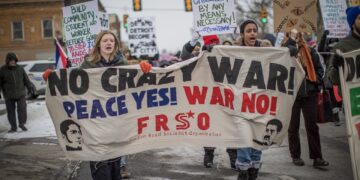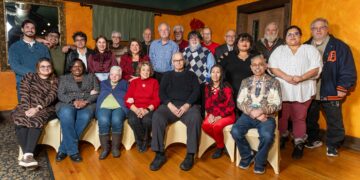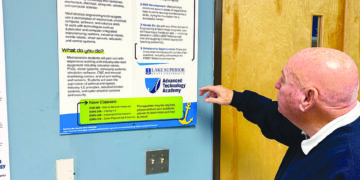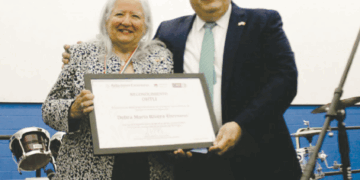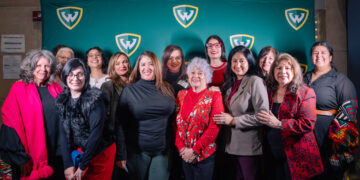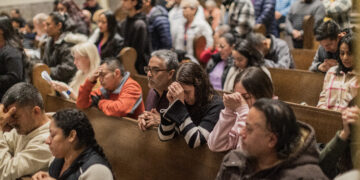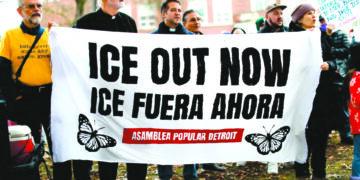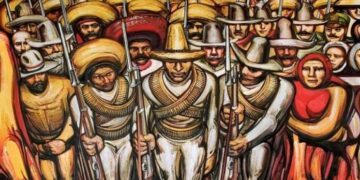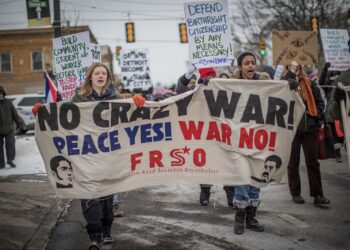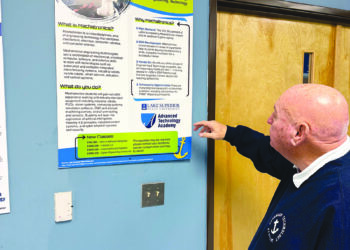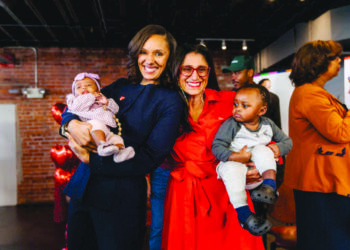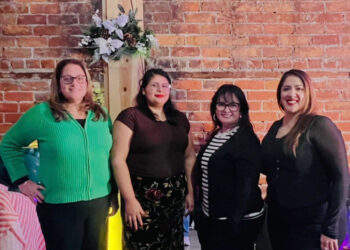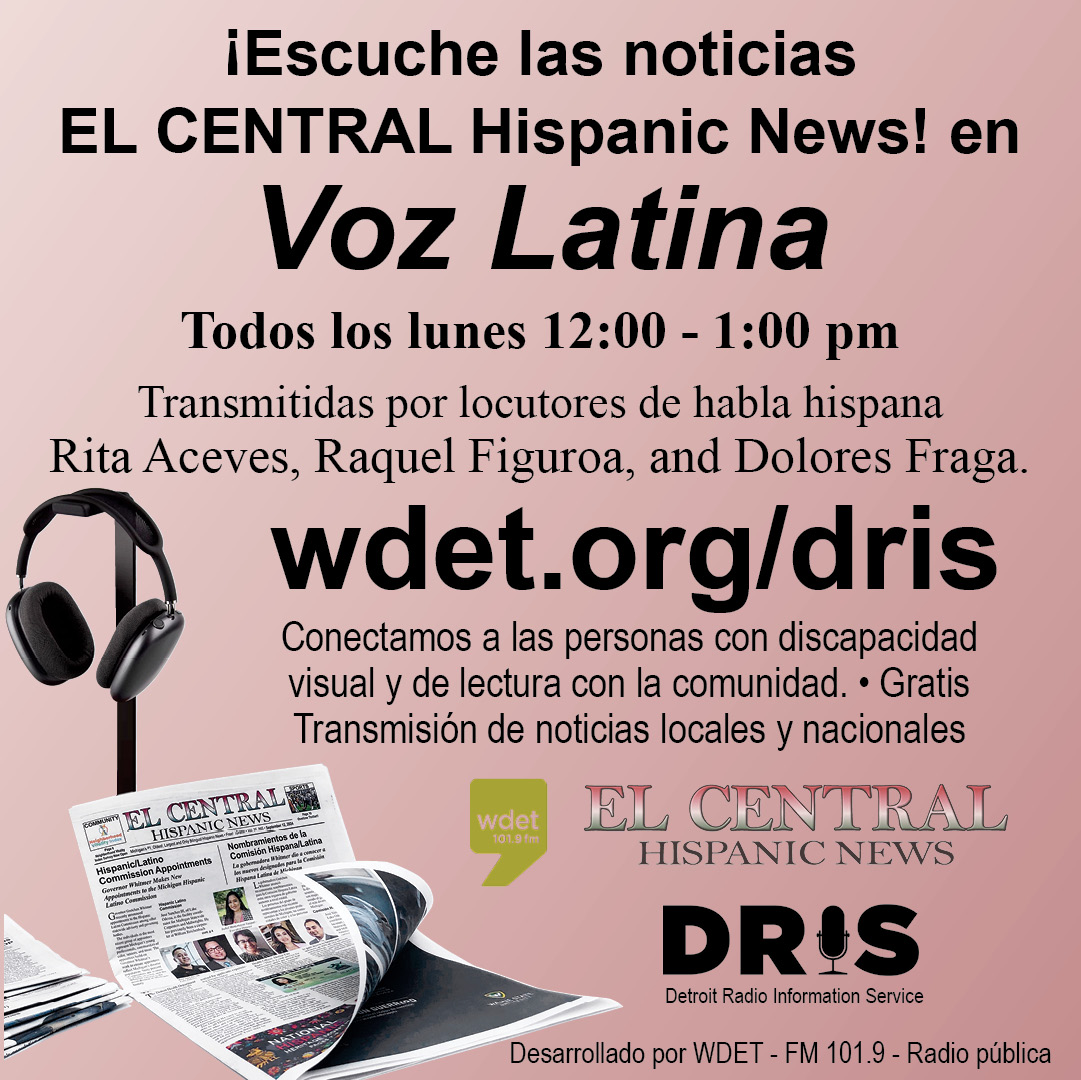When asked to speak to our students and young people, the one question most often asked is “Why do we need math?” After an extensive review of all the reasons why, my summation to them is quite simply this: “If one does not know how to calculate their value, then someone else will do it for you and it will not be in your favor.” This applies to all things in life, including redistricting or reapportionment. This process happens every ten years following the decennial U.S. Census.
This process for Detroit is currently being realized under court ordered review of recommended districts by the first ever non-partisan Michigan Redistricting Commission. This process has historically been challenged by those who have felt marginalized by the outcome. The effort to achieve specific favorable outcomes by manipulation of census tracts is often referred to as “Gerrymandering”. This term is often interpreted in a negative context. It does pose the question though: At what point does redistricting become Gerrymandering? An oversimplification would be “When we don’t agree.” Clearly, this topic requires an in-depth discussion to examine the implications of the topic.
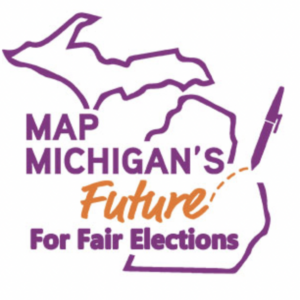
The purpose of this article is to encourage you to attend at least one, preferably both public hearings. Why? To be seen and heard on protecting and preserving the boundaries for State House and Senate Districts 1 representing Southwest Detroit, a “COI” (Community of Interest). It is important to our collective futures that the concentrations of Hispanic voters are not diluted by splintering and fracturing our combined vote potential. These state districts should not be confused with the city’s council redistricting process, also in progress.
Further democratizing the redistricting discourse, the commission has scheduled two pivotal in-person public hearings in Detroit, seeking firsthand narratives from those directly affected by the redrawn maps. These gatherings are set for:
- Wednesday, Feb. 21, at Greater Grace Temple, 23500 W 7 Mile Rd, Detroit, with sessions spanning from 10 a.m. to 1 p.m., 2-5 p.m., and 6-8 p.m.
- Thursday, Feb. 22, at Second Ebenezer, 14601 Dequindre Road, Detroit, mirroring Wednesday’s schedule.
Participants wishing to offer in-person feedback can register on-site, while virtual contributors are prompted to sign up an hour prior to the hearings. Comprehensive instructions for public commentary are accessible under the “Meeting Notices & Materials” tab on the commission’s website, corresponding to the event dates. Each speaker, whether in the virtual town hall or at the in-person hearings, is allocated 90 seconds to present their views.
To put a finer point on the political importance of the next two weeks is our state primary on Feb. 27. Upon a thorough assessment of quantitative and qualitative analytics applied to voting, the following conclusions can be supported:
- If every eligible Hispanic registered and voted, their vote would be the equivalent of FIVE votes for their candidate and/or ballot proposal of choice.
- For every Hispanic that does not exercise their right to vote, it is the equivalent of voting TWICE for the candidate and/or ballot proposal that you most likely did not and/or would not support.
Conclusion: Not voting IS voting! Not voting IS NOT an option! For those of you who do not believe that your vote counts, think again. Your vote has never been more valuable!
Michigan is positioned to be one of the most important of six identified swing states. In 2008, President Obama won Michigan, specifically, Wayne County, because we turned out. In 2016, President Trump won Michigan, specifically, Wayne County, because we didn’t. In each instance we voted.
This year provides us an unprecedented opportunity to engage our communities as never before, coalescing to maximize voter education and registration to leverage the full potential of our vote!
For more information on this critical topic, visit https://michiganchronicle.com/michigan-redistricting-commission-seeks-public-input-on-new-state-house-maps-amid-legal-challenges/
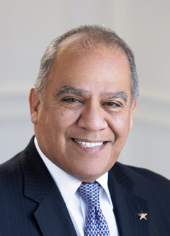
Rogelio Landin
Rogelio Landin is most renowned nationally for leading LULAC in the precedent setting successful filing of an Amicus in the Bradley v. Milliken II (1976-1978) desegregation case. Winning a favorable ruling in this case served to protect and preserve Bilingual education and the designation of minority status as included in the Civil Rights Act of 1964. This case has had generational national and historical implications for the education of our children and continues to provide for the protection of Hispanic civil rights.

